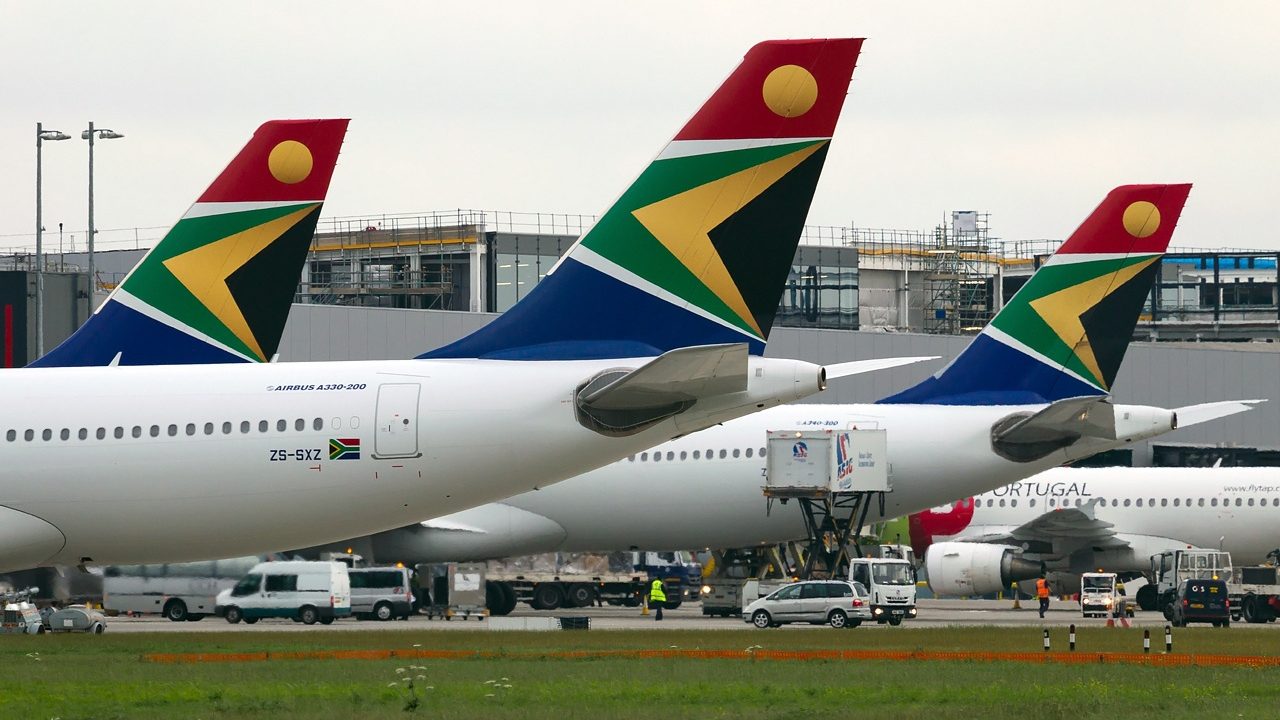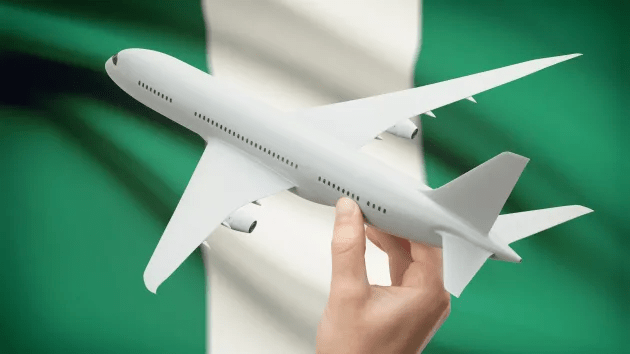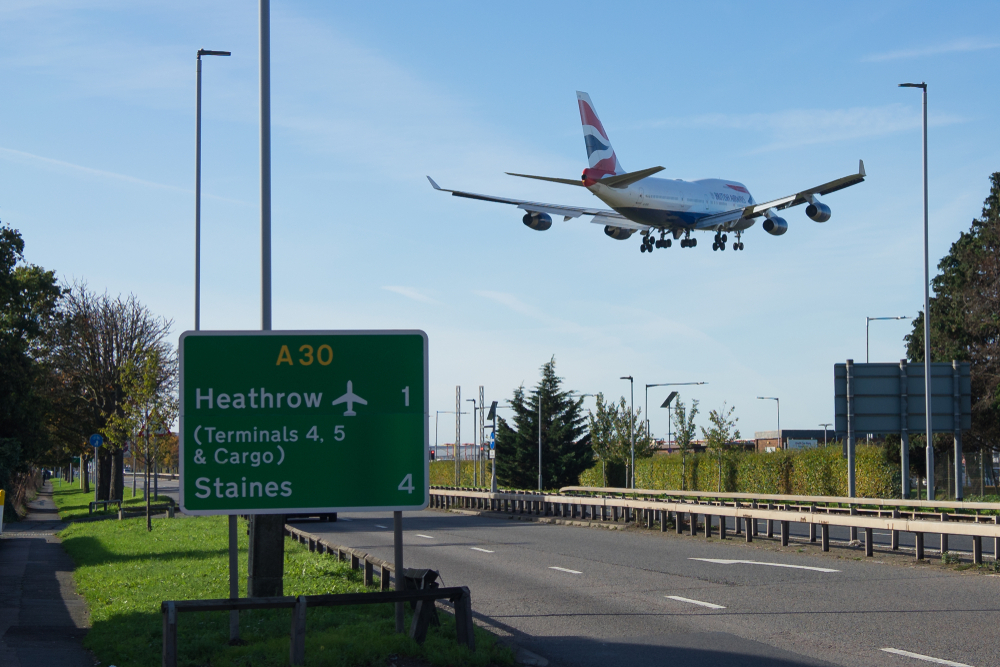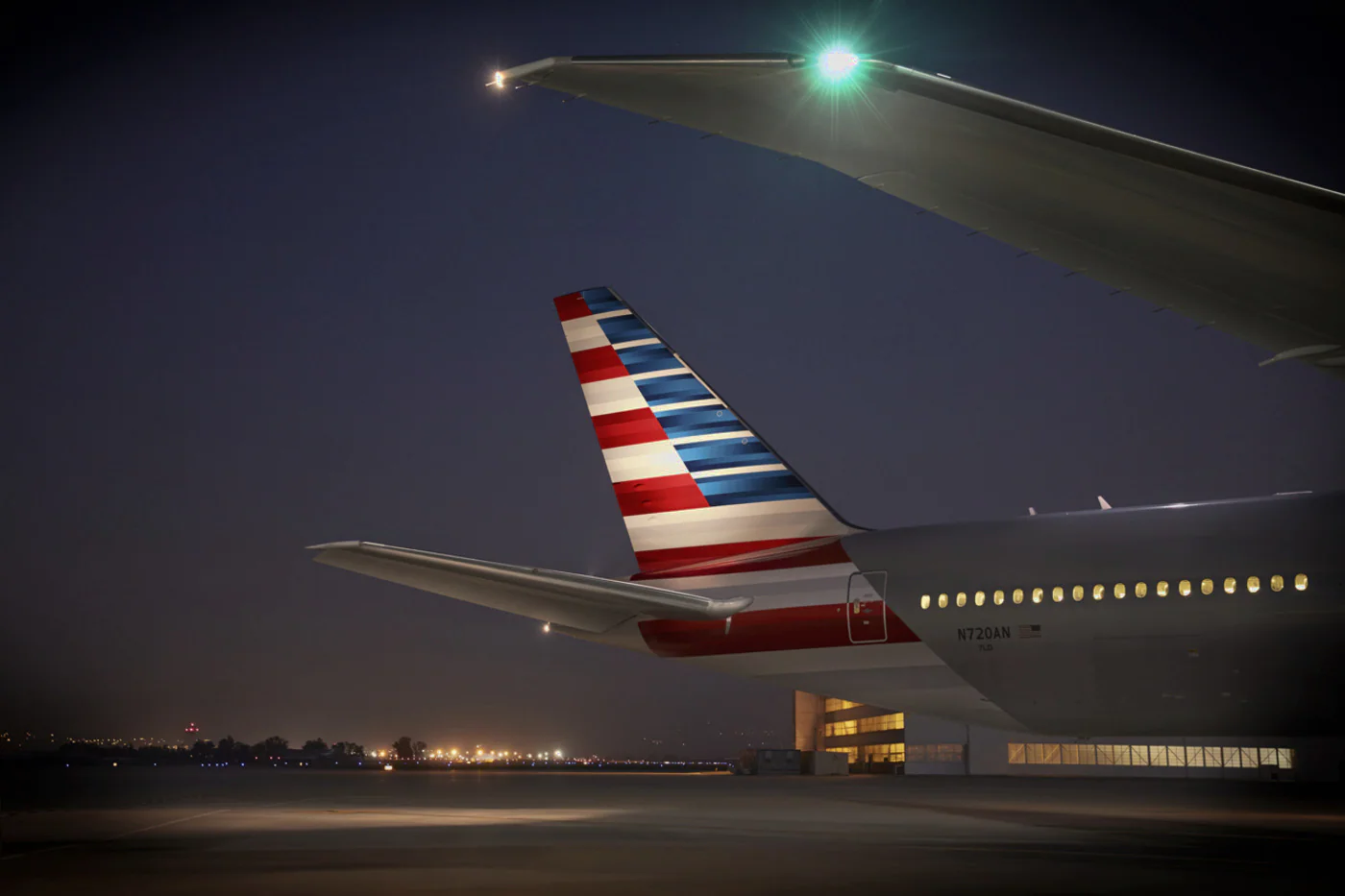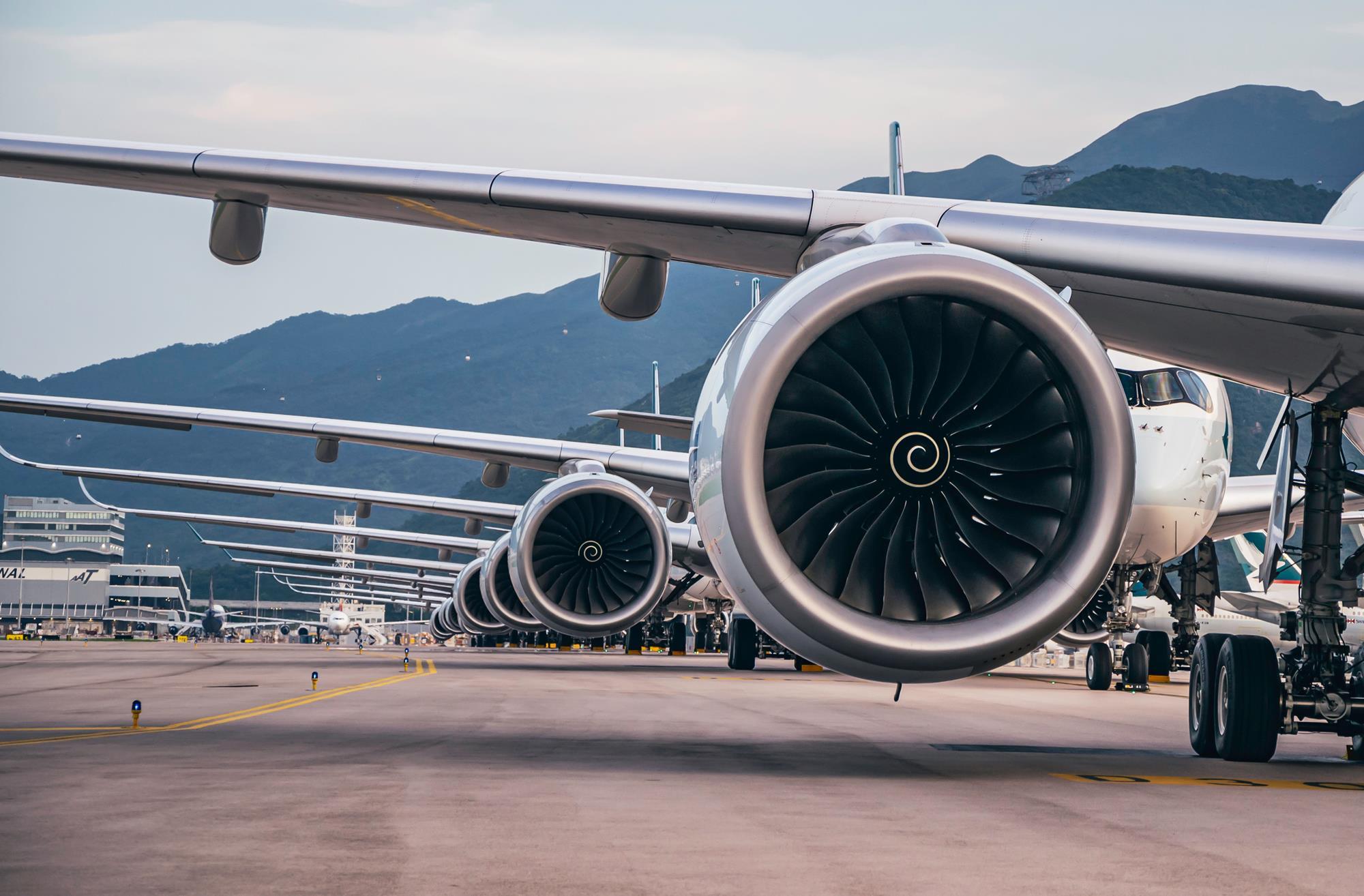Planes are fuller, flights are fewer and complaints about air service are rising, yet the nation’s appetite for air travel shows no signs of slowing, fueling a dramatic turnaround for an industry that two years ago was dependent on government grants and loans for survival.
Even against a backdrop of persistent inflation and recession fears, airline executives say demand is robust. The results were evident in air carriers’ quarterly earnings reports in recent days: Major carriers, including American Airlines, Delta Air Lines and Southwest Airlines, reported record revenue, while JetBlue notched its first quarterly profit since the start of the pandemic. Results from other carriers were similarly upbeat.
The industry was on life support early in the pandemic, eventually blowing through more than $50 billion in federal bailout money as passengers stayed away. After a fraught summer marked by widespread cancellations that drew the attention of lawmakers and regulators, the industry has moved into its next phase of revival as pandemic-related trends fuel much of the boom.
Delta chief executive Ed Bastian said the travel industry is experiencing “a countercyclical recovery,” as consumers shift their spending to experiences rather than material items. Bob Jordan, chief executive at Southwest, said the carrier’s results Thursday “really speak to the more stable environment we are in.”
Analysts say the airline industry has reason to be bullish.
“Nobody would have expected the industry was going to be where it is today,” said Scott Keyes, founder of Scott’s Cheap Flights and a longtime industry watcher. “Remember, the worry [in 2020] was not ‘Will it be a down quarter or a down year?’ The worry was ‘Will there be an airline industry at the other end of this?’ and that informed a lot of the cost-cutting decisions that we are still paying the price for today. But I think in most ways, given the grand sum of outcomes, this is among the better of the possibilities.”
Fears that hybrid work schedules would lead to less flying appear instead to be encouraging more air travel. Airlines reported unexpectedly strong ticket sales for the post-Labor Day period, a time when demand for travel typically dips as people return to work and school.
“We had a fantastic September to Florida, absent of the hurricane, which you wouldn’t have thought,” said Glen Hauenstein, president of Delta Air Lines, during a recent earnings call. “If you look at September, which is historically one of the worst months for Florida, you couldn’t buy a ticket to Disney.”
Scott Kirby, chief executive of United Airlines, said September was the third-strongest month in company history. JetBlue, too, reported that planes were fuller in September. The carrier said the number of seats occupied in a plane was roughly three percentage points above September 2019 levels.
The earnings this past quarter are a sharp contrast to the same period in 2020. Weeks before they were scheduled to announce financial results, airlines furloughed more than 30,000 workers after Congress couldn’t reach an agreement to extend a pandemic-relief program designed to keep workers on the job, although a subsequent deal did enable furloughed workers to return. United, for example, posted a net loss of $1.8 billion that quarter while burning through roughly $25 million a day. By contrast, United reported a $942 million profit in its latest quarter.
Kirby thinks the industry is witnessing a significant shift in customer travel habits.
“With hybrid work, every weekend could be a holiday weekend,” he said. “People want to travel and have experiences, and hybrid work environments untether them from the office and give them the newfound flexibility to travel far more often than before.”
“This is not pent-up demand,” he added. “It’s the new normal.”
The strong showing comes despite a rocky summer that included thousands of cancellations, particularly during busy holiday weekends. It also comes as airlines are facing higher fuel prices and their own economic challenges. Despite strong demand, most carriers are operating fewer flights than before the pandemic, the result of lessons learned from those operational meltdowns.
Delta operated 17 percent fewer flights compared to the same period in 2019, while American had 10 percent fewer. Even so, the number of people screened by Transportation Security Administration officers nationwide is often reaching — and on some days exceeding — the numbers screened before the pandemic.
Obstacles still remain, as the industry continues to grapple with a pilot shortage while training bottlenecks force carriers to slash flights in small and midsize markets. The most optimistic of industry-watchers say those routes might not return until 2024 or 2025, if they come back at all. Meanwhile, air traffic control staffing issues continue to affect flight operations, carriers say.
JetBlue President Joanna Geraghty cautioned that the aviation ecosystem still remains fragile.
The industry is also facing new scrutiny after a bumpy summer, with customer complaints on the rise. According to the U.S. Department of Transportation’s Air Travel Consumer Report released Wednesday, service complaints increased 6 percent from July to August. The number of complaints is 320 percent above pre-pandemic levels.
The Transportation Department last month unveiled a dashboard that outlines steps airlines will take when passengers are left stranded during a delay or cancellation. The Biden administration has also proposed rules that would clarify what it means for a flight to be “significantly” delayed or canceled, and is creating protections for passengers who contract the coronavirus or other transmissible illnesses that leave them unable to fly.
Looking forward, airline executives and analysts say they see nothing in the near-term to slow the good times.
The shift has allowed carriers to offer pricier options for fliers, with an eye toward capitalizing on travelers willing to spend on extras. They are hoping priority boarding, roomier seats and other premium offerings will help to attract and retain customers while boosting profits.
“Essentially what we have is an entire category that pushed ‘pause’ and had a moment … where every single one of them could have taken 2020, 2021 and 2022 to reposition their brand, launch a messaging around what their brand strategy was and kind of start fresh,” said Maggie Gross, principal and brand practice leader at Deloitte.
Two years after pandemic-related health concerns led carriers to reduce food and beverage offerings, many are rolling out new menu options. At kitchens across the United States operated by Switzerland-based Gategroup — including one housed in a 132,000-square-foot building at Dulles — chefs have developed healthier options to cater to travelers’ desires, such as beet tartar and vegetarian meatballs made with plant proteins. The Dulles facility prepares meals for a dozen airlines that operate out of the airport.
American Airlines President Robert Isom boasted during a recent earnings call about the carrier’s newly remodeled lounge at New York’s LaGuardia Airport, calling it the “best domestic lounge in the country.” That is, until it opened a new 14,500-square-foot lounge at Reagan National Airport this past week, its second at the airport outside Washington.
Among other perks in the works, United this week announced a partnership with Jaguar North America to offer chauffeured rides between their connecting aircraft via the automaker’s first all-electric SUV. It will be available to some members of its loyalty program this month at Chicago’s O’Hare International Airport before expanding to its other hubs, including Dulles.
Delta’s Bastian recently touted the carrier’s new partnership with Starbucks, which allows members of its loyalty program to earn points when they make purchases, and a $60 million investment in Joby Aviation, a maker of all-electric vertical takeoff and landing aircraft (eVTOL). The airline said it eventually hopes customers will use Joby’s battery-powered air taxis to fly, rather than drive, to the airport.
Despite the perks, executives say the most important measure of their success is running a quality operation, which will be tested as the industry moves into its busiest part of the year during the Thanksgiving and Christmas holiday seasons.
Whether the momentum will extend beyond the holidays is unclear, Keyes said. He said another test will come early next year as the industry also seeks a rebound in corporate business travel, which is about 20 percent below pre-pandemic levels.
After pandemic-related challenges that threatened the existence of some carriers, Keyes said recent travel and financial numbers are an indication the industry is on a significantly healthier path.
“It’s hard to argue with the airlines when they say how glad and uplifting it is to see the current travel numbers,” he said.
Source: Washington Post

